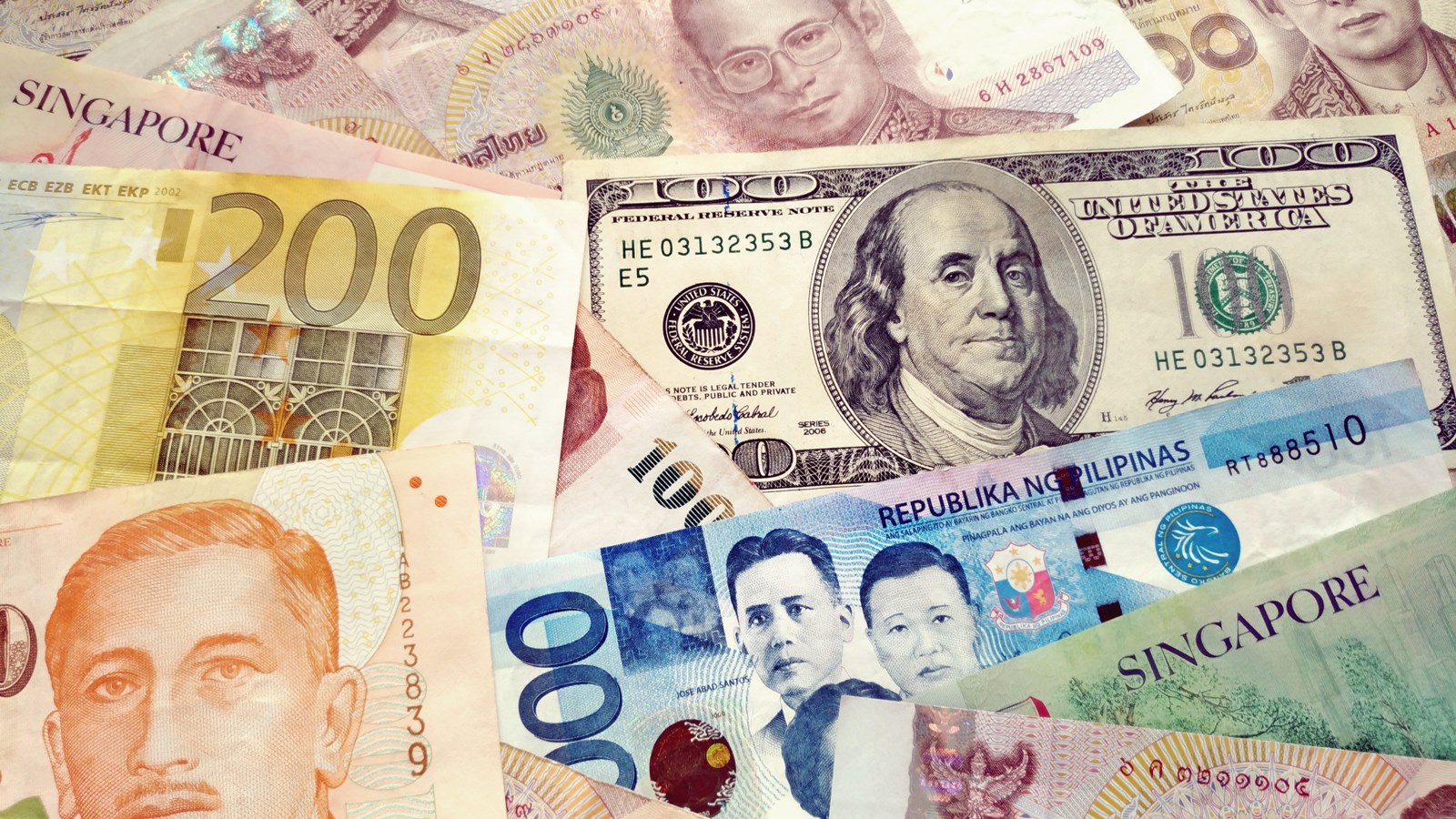To encourage more businesses to use the yen and other Asian currencies, Japan’s Finance Ministry announced a comprehensive plan Monday to launch direct currency trading with other regional players.
The biggest issue is ensuring liquidity in the market so that those who want to buy the baht can quickly find a seller, and vice versa. The longer it takes, the more risk traders face of losing money from a change in exchange rates. There is a greater risk to holding less liquid currencies, which would lead to higher fees.
The ministry will first enter talks with Thailand. Some 48% of bilateral trade is settled in the yen or baht, compared with 51% in the U.S. dollar. Japan sees significant demand for direct yen-to-baht exchanges.
The Finance Ministry also will consider issuing Asian-currency bonds in Tokyo, among other measures, in an effort to boost their liquidity. Japan will urge Thailand to raise the amount of baht nonresidents can possess, which is currently capped at 300 million baht ($8.8 million).
The ministry will also call on the Japanese Bankers Association to extend its yen-clearing system, now only available at home, to Japanese bank operations in Asia. This could speed up yen-denominated transfers.








